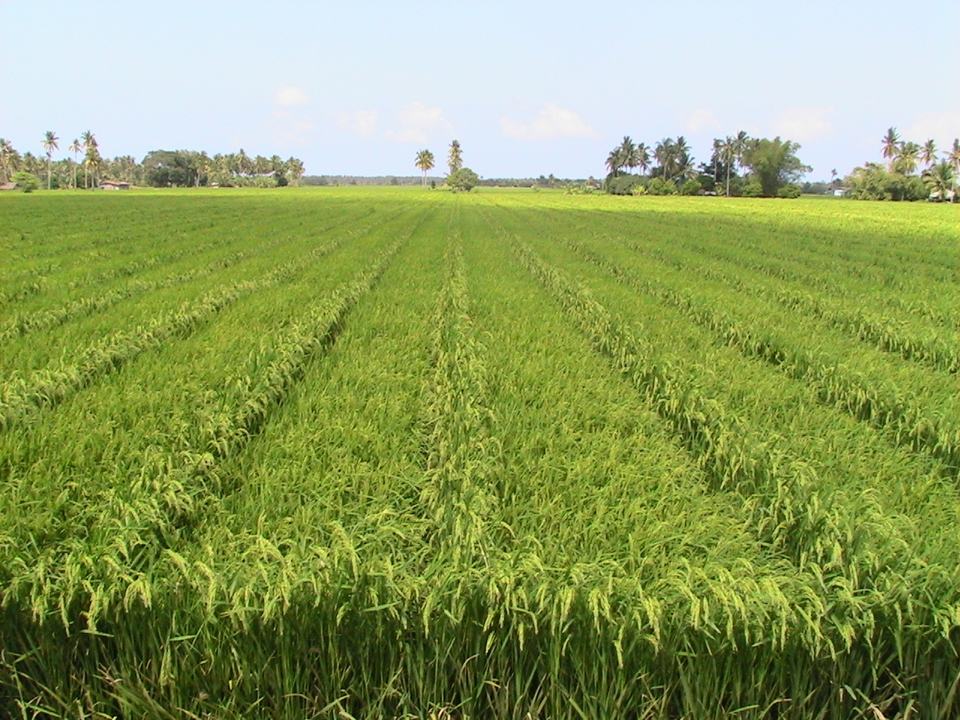
The National Food Authority (NFA) is now on a palay-buying spree as it takes on its new role of buffer stocking solely from local farmers’ produce.
According to NFA OIC Administrator Tomas R. Escarez, the NFA’s field offices have bought a total of 990,783 bags of palay in March alone, bringing the NFA’s total palay procurement to 1.263 million bags in the first quarter of 2019.
Escarez said that this year’s procurement is unusually high as it is now 6,149% higher than last year’s palay procurement for the same period. NFA was able to buy only 20,540 bags during the first quarter of 2018.
“We are not surprised though because March is the start of the summer crop harvest and we were able to capitalize on our higher incentives versus the low buying price of palay traders. While traders reduced their buying price to as low as P14.00/ kilogram, we on the other hand increased our buying price up to P20.70/ kg for clean and dry palay,” Escarez added.
The NFA started implementing an additional P3.00 per kilogram Buffer Stocking Incentive (BSI) last October 2018, in addition to the previous P0.20/kg drying, P0.20/kg delivery, and P0.30/kg Cooperative Incentive Fee, increasing the agency’s maximum buying price for palay from P17.40/kg for individual farmers and P17.70 for members of farmer cooperatives/organizations to P20.40/kg and P20.70 per kg, respectively.
Based on NFA data, highest palay procurement as of March 31 by NFA branches were recorded in the following provinces: Isabela – 152,551 (bags); Nueva Ecija – 128,827; Tarlac with 127,782; Occidental Mindoro (San Jose) – 109,358; North Cotabato – 105,115; Sultan Kudarat – 72,961; Bulacan – 58,455; Northwestern Cagayan – Apayao (Allacapan) – 49,996; Cagayan – 36,077; Ilocos Norte – 34,683; Bataan – 31,274; and Zamboanga del Sur -23,523.
Escarez added that NFA must now be ready for more palay procurement, especially in the next two months as summer harvest peaks. NFA also increased its previous target of palay procurement from 7.78 million bags to 14.46 million bags for 2019.
“With the implementation of RA 11203 or the Rice Trade Liberalization Law, rice distribution was removed from the functions of NFA. We now have to shift our focus to palay procurement. NFA will continue to serve our farmers by buying their produce to ensure a reasonable return for their harvest especially now that farmers are suffering from the effects of El Niño and private traders are buying low,” Escarez said. ###













